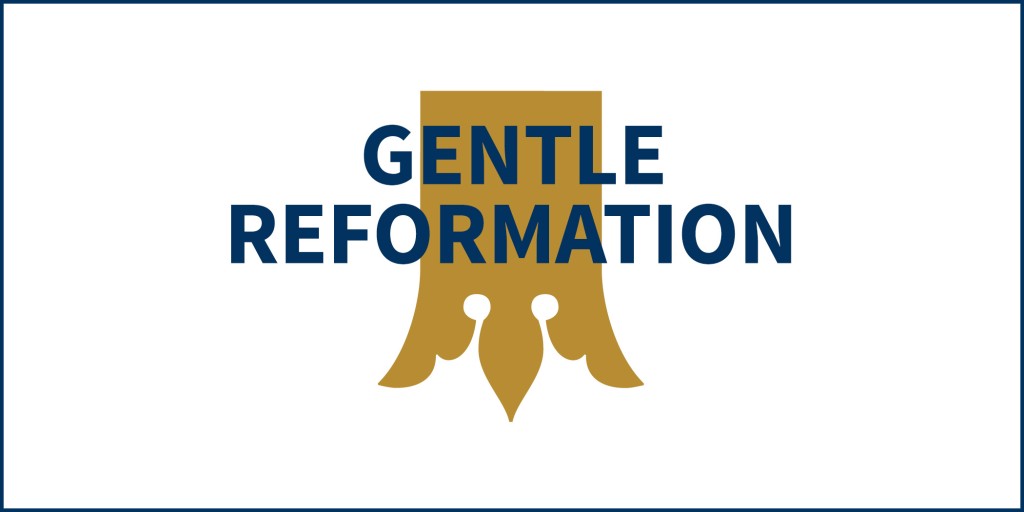You have free articles remaining this month.
Subscribe to the RP Witness for full access to new articles and the complete archives.
I have some bad news, and some good news. Which do you want to hear first? This is the way that I softly break the fall whenever I have to tell a loved one something difficult. No matter what unfortunate incident has transpired (the car broke down), there is usually something positive that can also be promised (the tow truck is on the way).
Likewise, sinners like us are in a bad news/good news situation.
Who Is Like Yahweh?
The prophet Micah’s role was to describe the spiritual climate of his people (the bad news) while promising glad tidings of the Messiah (the good news). We know just a bit about Micah, including his hometown of Moresheth. We also know his proximate dates of ministry from the kings listed in Micah 1:1. Micah prophesied somewhere between 750 and 687 BC. His target audience is broad: Micah fires arrows at the hearts of both the Northern and Southern Kingdoms (Micah 1:5, 9).
But Micah’s name is the most interesting of all: “Who is like Yahweh?” a short, punchy question, fittingly posed at the culmination of the book (see Micah 7:18).
The Bad News
Micah has the unfortunate duty to notify Israel and Judah that they are being served with a covenant lawsuit. The situation is not just dark, it is dismal. Idolatry is rife (Micah 1:7), civil leaders are corrupt (3:1), and the people have generally confused good with evil (3:2). Whenever the Bible makes this assessment—that good and evil are transposed—doom is sure to follow.
Not even ritual sacrifice can make up for their sin. In a telling moment in the prophecy, Micah warns that ten thousand offerings could not cover for their sin—not even if they were to sacrifice their firstborn child (Micah 6:7)!
Many Christians memorize Micah 6:8 as part of their devotions. It is sublime indeed: “What does the Lord require of you? But to do justly, to love mercy, and to walk humbly with your God?” But we must understand the point: none of us can do this.
Sadly, we are not “like Yahweh.”
The Good News
All along, the careful reader will notice that Micah has been promising a better hope and a brighter future. Left alone, Israel and Judah would reap the consequences of their transgressions. The covenant lawsuit makes a compelling case, and the evidence against them is incontrovertible.
But promises of hope begin to accumulate by chapter 4 and dominate the latter half of the book. As a case in point, Micah 5:2–5 is among the clearest prophecies of the coming Messiah. He will be born in Bethlehem, the city of David. His rule is just, His origin is ancient, His majesty is great. He alone will be their peace. Here is one who truly does justice, loves kindness, and walks humbly with our God.
His sacrifice will be greater than ten thousand rivers of oil (Micah 6:7)—the firstborn of the true and living God. In every way that Israel has broken the covenant, Christ will abide in it. He will be faithful, shepherding the people with compassion (5:4).
Be sure not to miss the main point of the entire book. The question in Micah’s name, “Who is like Yahweh?” points decisively to the person and work of Jesus. The rallying question of Micah’s prophecy, “Who is a God like you, pardoning iniquity?” (7:18) is answered resoundingly in the life, death, and resurrection of the God-Man, the Lord Christ Himself.
A Beautiful Picture of Grace
Micah ends with an extraordinary picture of saving mercy. It is one of the most beautiful images of grace in the Scriptures. In Micah 7:19, the prophet describes the Lord taking the sins of His people and casting them into the depths of the sea. The weight of our guilt and shame is cut off like a severed anchor, sinking underneath the unfathomable, watery abyss.
The bad news is that our sin condemns us. But the good news is that Jesus Christ has come. He alone is “like Yahweh.”
